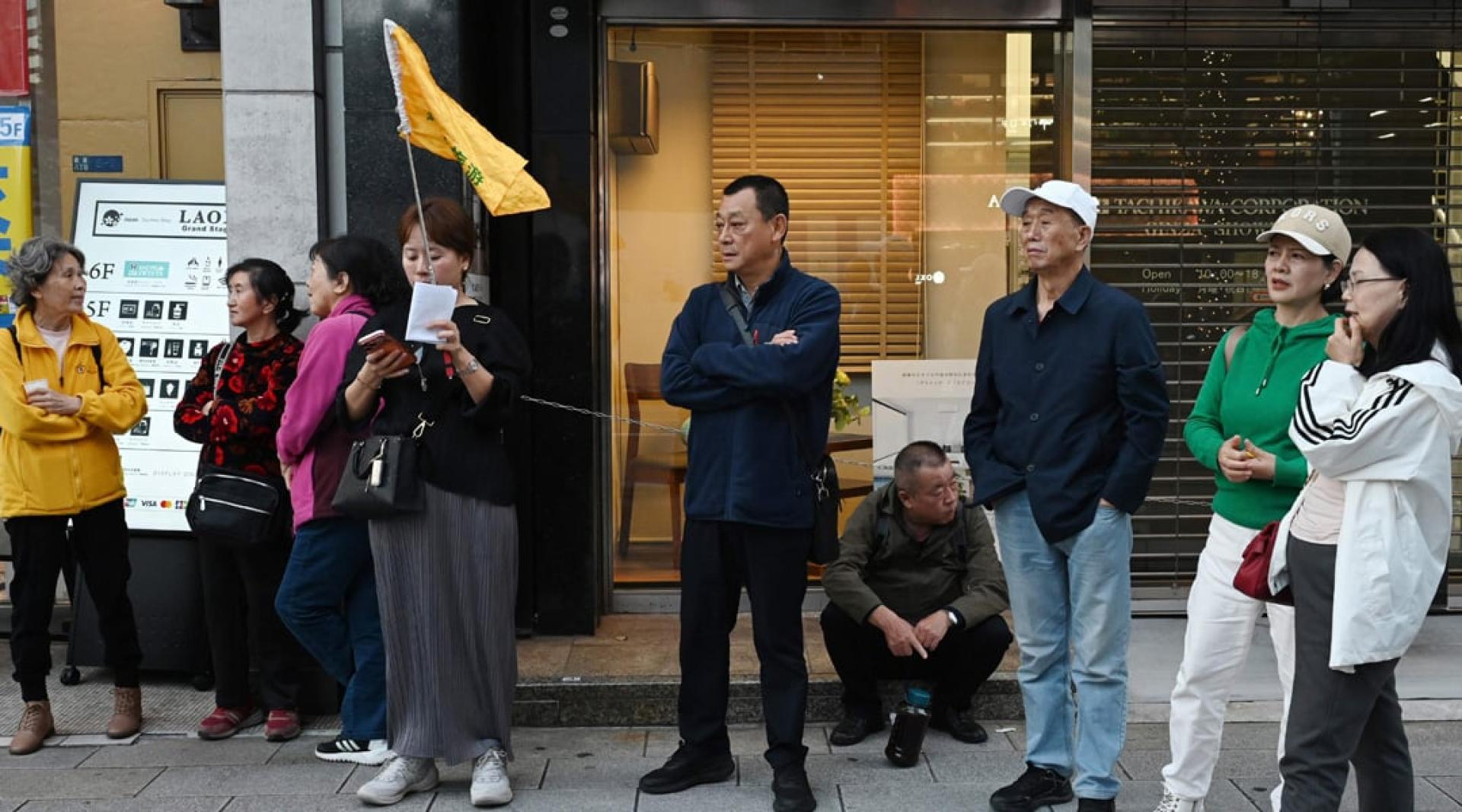Japanese Prime Minister Sanae Takaichi's recent remarks on a 'Taiwan contingency' have sparked a strong backlash from China. In response, Chinese authorities have repeatedly issued statements urging Chinese citizens not to travel to Japan for the time being and to carefully consider plans for studying in Japan. In addition, since the 15th, over 491,000 flight tickets from China to Japan have been canceled.
In this context, a Chinese guesthouse operator admitted that he has been receiving notifications from Chinese customers canceling their reservations one after another, and that such a situation has never occurred in the three years he has been in business.
According to a report by Mainichi Shimbun, a Chinese man in his 40s who runs a guesthouse in Namba, Osaka, received two cancellation calls on the morning of the 17th alone. All the guests who canceled were Chinese nationals, saying, 'We received a government announcement urging us not to travel to Japan.'
The Chinese man said helplessly that he has never encountered such a situation in his three years of running a guesthouse. 'Matters between countries are not something individuals can control, but relations between China and Japan have always been close. If the situation continues to deteriorate, all industries will be affected.'
According to statistics from the Osaka Tourism Bureau, from January to September 2025, around 4.26 million Chinese tourists are expected to visit Osaka, a 1.5-fold increase compared to the same period in 2024, highlighting the importance of Chinese travelers to the local tourism industry.
Business Owners Worried About Economic Downturn
The report also mentioned that Reiji Motooka, 58, representative of “Ajibirugroup,” which operates 22 yakiniku and sushi restaurants in Osaka and Kobe, is uneasy about the Chinese authorities’ request for citizens to avoid traveling to Japan. The Osaka-Kansai Expo just concluded in October, and local business owners are already worried about an economic downturn—then this incident happened. “Of all times, it just had to be now; of all things, it just had to be this disturbance.”
Motooka pointed out that every year, Chinese travelers visiting Japan for Chinese New Year in January or February start booking in November and December. As February is a slow season for the restaurant industry, consumption by foreign tourists is especially important. He admitted, “Putting political sentiments aside, any factor that dampens consumption is concerning. That’s my honest opinion.” (News Source: SET News)
